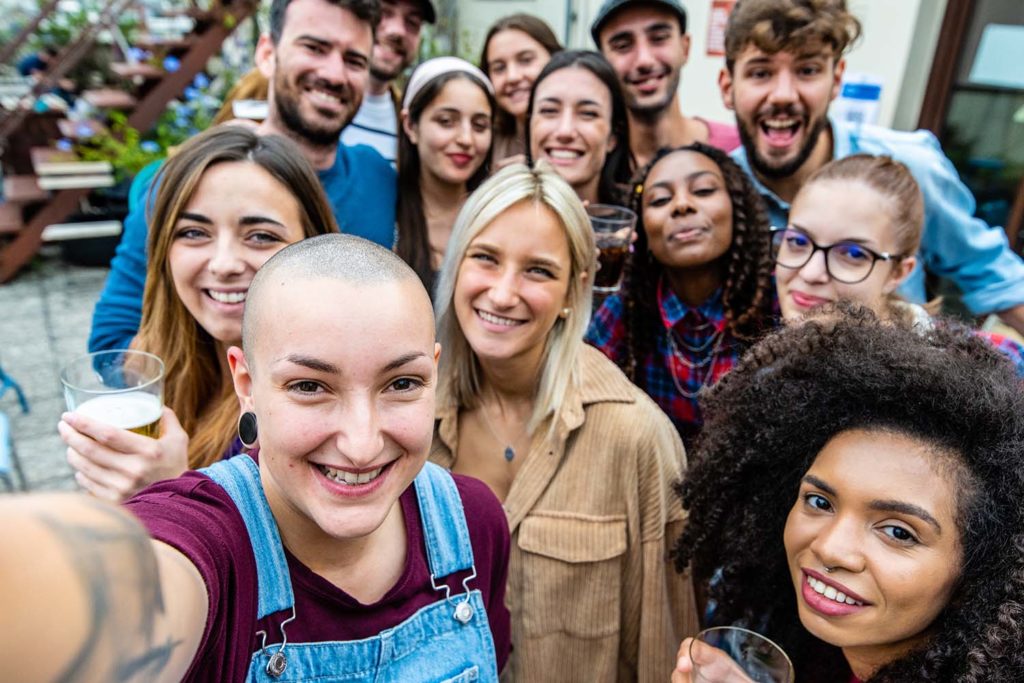Other Factors
Treatment concerns
There is a lack of research that studies the connections between multiracial identities and mental health implications. Some studies point to a generally higher risk of behavioral health problems for multiracial youth.
Bi/multiracial youth are also at a higher risk of substance use than monoracial youth.
Similar to monoracial identities, bi/multiracial people’s mental health is negatively affected by the discrimination and racism they face. In addition to traditional discrimination, bi/multiracial people can be excluded from their own racial or cultural group because of their mixed-race status.

Quick Facts
- Some research suggests that multiracial Latine adolescents experience more behavioral health problems than monoracial Latine adolescents. (National Library of Medicine)
- Multiracial children are often subject to institutional discrimination from schools, many of which don’t permit multiracial students to choose more than one race on demographic forms. This lack of control in being able to properly self-identify has been shown to affect mental health. (American Psychological Association)
- Multiracial adults who felt connected to all parts of their identity reported fewer negative mental health symptoms. (Journal of Counseling Psychology)
Resources
DBSA Support Groups
DBSA support groups give people living with depression and bipolar disorder a safe, welcoming place to share experiences, discuss coping skills, and offer each other hope.
Education
People who live with mood disorders can more readily achieve wellness when they recognize the symptoms and understand the issues related to this spectrum of conditions.
Wellness Tools
Each person’s wellness journey is unique. With that in mind, DBSA has developed tools to help you take the first steps and to determine what support you may need along the way.
Find a Therapist
If you’re thinking about starting therapy, mapping out your wellness goals and values can help you find the right therapist for you.




